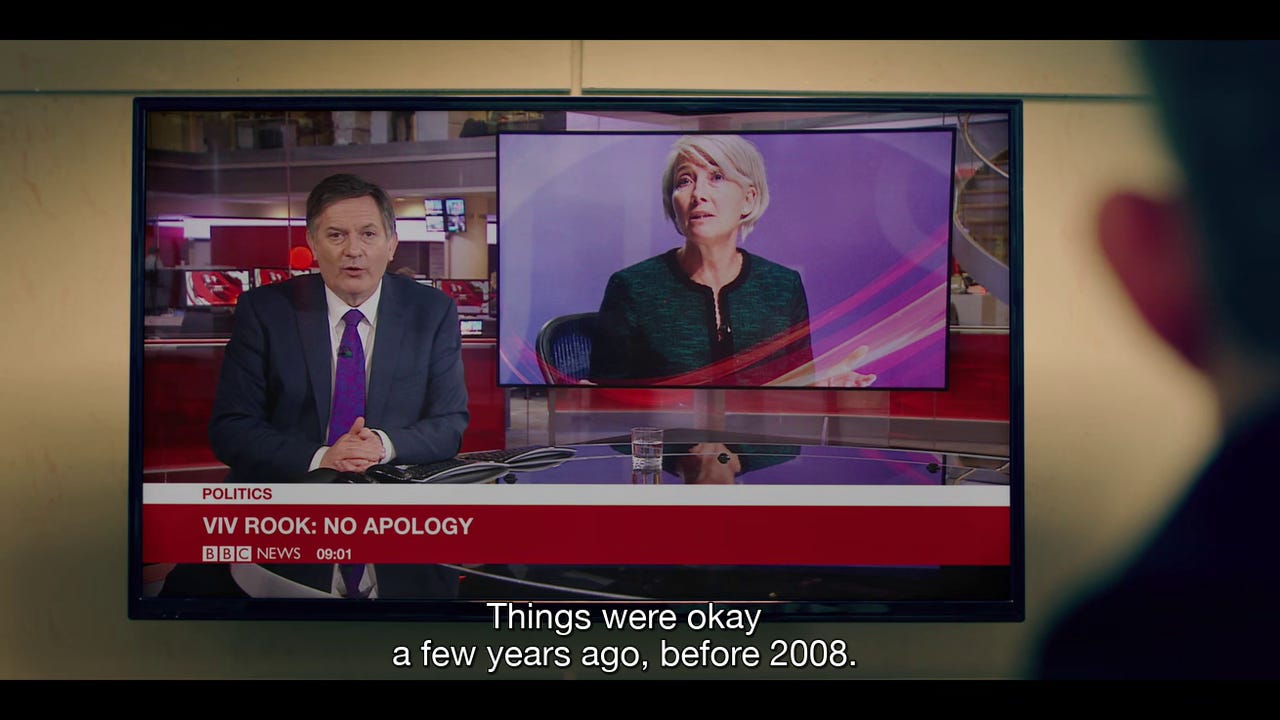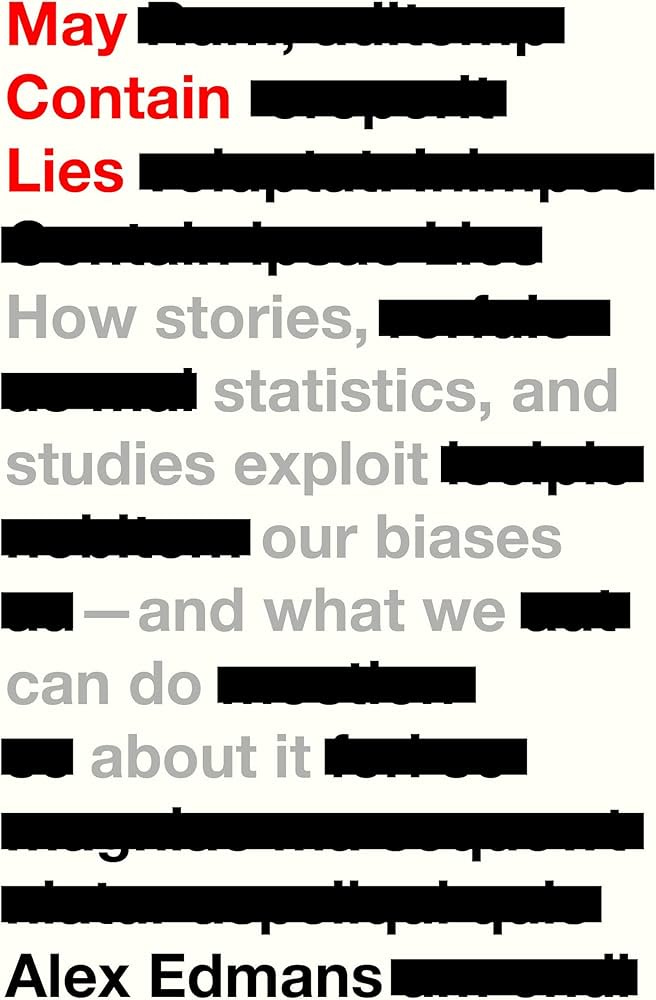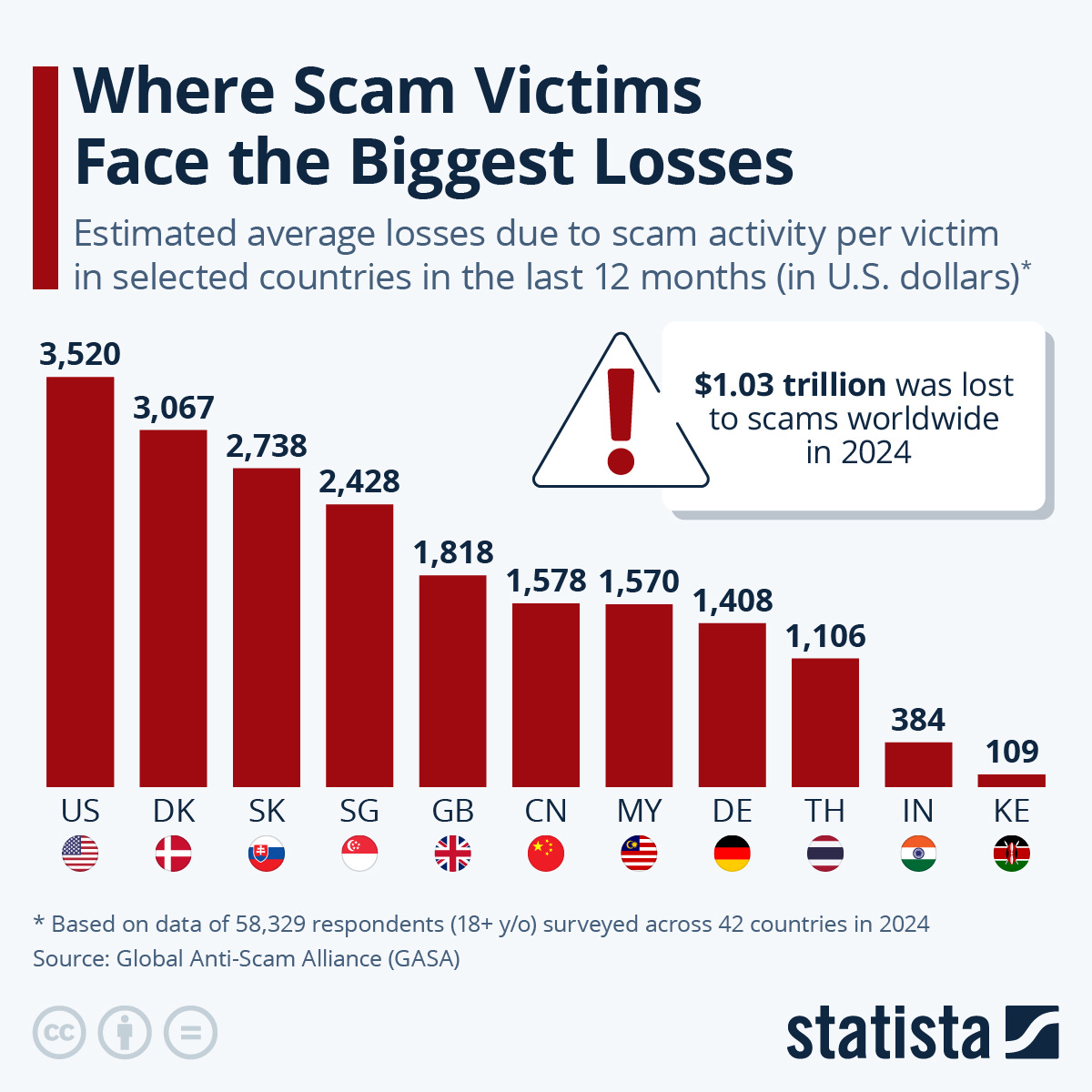This week…
Your reading time is about 5 minutes. Let’s start.

I really want to be able to rewatch Russell T. Davies’ miniseries Years and Years (2019). I was living in the UK when it was on air—coincidently I was studying the media, misinformation, and Big Tech—and this show got a lot of things right. The far-right rise in Europe, Emma Thompson playing a satirised Alice Weidel/Marine Le Pen-type character, the Ukraine invasion, concentration camps, re-criminalisation of LGBT+, a renaming of an international body of water, Trump’s second presidency, a pandemic, AI jobs, data mining, brain implants, sex robots.

I still think about it at times. At some point in this six-episode miniseries, there was a nuclear war too, I think. Let’s hope it didn’t get EVERYTHING right.
Your Wikipedia this week: Tech-industrial complex
And now, a selection of top stories on my radar, a few personal recommendations, and the chart of the week.
ICYMI: The Previous Block was about the AI arms race and the faltering media.
CORRECTION NOTICE: None notified. TOO BIG TECH TO CROSS-CHECK
“Torrenting from a corporate laptop doesn’t feel right”: Meta emails unsealed
Ashely Belanger for Ars Technica:
Newly unsealed emails allegedly provide the “most damning evidence” yet against Meta in a copyright case raised by book authors alleging that Meta illegally trained its AI models on pirated books.
Last month, Meta admitted to torrenting a controversial large dataset known as LibGen, which includes tens of millions of pirated books. But details around the torrenting were murky until yesterday, when Meta's unredacted emails were made public for the first time. The new evidence showed that Meta torrented “at least 81.7 terabytes of data across multiple shadow libraries through the site Anna’s Archive, including at least 35.7 terabytes of data from Z-Library and LibGen,” the authors’ court filing said. And “Meta also previously torrented 80.6 terabytes of data from LibGen.”
“The magnitude of Meta’s unlawful torrenting scheme is astonishing,” the authors’ filing alleged, insisting that “vastly smaller acts of data piracy—just .008 percent of the amount of copyrighted works Meta pirated—have resulted in Judges referring the conduct to the US Attorneys’ office for criminal investigation.”
Can you guess how many terabytes of articles Aaron Swartz downloaded in 2010, which resulted in him facing up to 50 years of imprisonment and $1 million in fines before he died by suicide?1 Loosely linked:
We didn’t click ‘consent’ on any gambling website. So how did Facebook know where we’d been? by Shanti Das for The Guardian.
Revealed: gambling firms secretly sharing users’ data with Facebook without permission by Shanti Das and Jon Ungoed-Thomas for The Guardian.
How big tech’s ad systems helped fund child abuse online by Thomas Germain for BBC.
Meta goes to war with leakers by Alex Heath for The Verge.
Concern over Google ending ban on AI weapons by Lucy Hooker and Chris Vallance for BBC.
ON THE FAR-RIGHT
Merz’s gamble: Germany’s centre-right leader splits voters by flirting with hardline AfD
Deborah Cole for The Guardian:
Since conservative frontrunner Friedrich Merz signalled a taboo-breaking openness to AfD support for his hardline course on border policy, voters visiting Bochmann’s information stands in small towns such as Schkeuditz have had one issue at the front of their minds: immigration.
In a spectacular gambit, Merz attempted to wrest back control of the highly charged migration debate by passing a non-binding resolution on border security in parliament with votes from the far right—violating an unwritten rule of the post-Nazi period. The far right cheered its newfound acceptability while an uproar ensued among mainstream MPs; 48 hours later, Merz failed to pass a separate immigration-tightening bill in the Bundestag after a rebellion from within his own ranks.
“Herr Merz has a dilemma,” said far-right MP René Bochmann, speaking to the Observer. “He sees the AfD’s poll ratings and knows he’s got to do something to keep us at bay. But voters doubt he’ll be able to do what he says [on immigration] and so the only way to really show they want change is to vote for us.”
Loosely linked:
Who’s who in German elections and why this vote is important by Paul Kirby for BBC.
Looking at Trump, Europe’s far right vows to ‘reconquer’ the continent by Max Griera for Politico.eu.
Why Elon and Alice want Germany to get over its “cult of shame” by Natalia Antelava for Coda.
How to protect democracies from falsehoods? By empowering the young with open-source investigation skills by Eliot Higgins and Natalie Martin for RI.
BAD RESEARCH
New journal co-founded by NIH nominee raises eyebrows, misinformation fears ($)
Catherine Offord for Science:
The Journal of the Academy of Public Health (JAPH), announced on Wednesday, is the brainchild of NIH nominee Jay Bhattacharya, a physician and economist at Stanford University, and Martin Kulldorff, a former Harvard University biostatistician who became known for his opposition to lockdowns, child vaccination, and other public health measures during the COVID-19 pandemic. Its editorial board also includes Trump’s pick to lead the Food and Drug Administration, Johns Hopkins University surgeon Martin Makary, who also opposed vaccine mandates.
The journal, which has already published eight articles on topics including COVID-19 vaccine trials and mask mandates, eschews several aspects of traditional publishing. It lacks a subscription paywall, posts peer reviews alongside published articles, and pays reviewers for their work. But other researchers have criticised the journal’s exclusivity and lack of quality control. Only members of a newly formed body, the Academy of Public Health, can submit articles, and all submitted articles are published. Skeptics worry the publication will be used to sow doubt about scientific consensus on matters such as vaccine efficacy and safety.
“It looks like a well-put-together journal, it’s been nicely designed and so forth,” says Carl Bergstrom, an evolutionary biologist at the University of Washington who has written about misinformation in science. “But when you look at the papers that have been published and at the editorial board, you see that it’s really dominated [by] a small clique of contrarians around the COVID pandemic. There is certainly nothing like even representation of consensus viewpoints within infectious disease epidemiology.”
Loosely linked:
The end of science’s peacetime by C. Brandon Ogbunu for Undark.
The poetry fan who taught an LLM to read and write DNA by Ingrid Wickelgren for Quanta.
AI datasets have human values blind spots by Ike Obi (Purdue University) for The Conversation.
Why should humanities education persist in an AI age? Self-development, to start by Johannes Steizinger for The Conversation.
The way in which reporters cover [complementary and alternative medicine] does their audience a giant disservice by Jonathan Jarry for McGill’s Office for Science and Society. (Click to collect the template for free.)
Other curious links, including en español et français
LONG READ | The birth of naturalism by Peter Harrison for Aeon.
INTERACTIVE | Satellite imagery shows schools and hospitals destroyed in Northern Gaza by Jake Godin for Bellingcat.
PHOTO ESSAY | How younger generations keep the folk art of lion dancing alive in LA by Leafy Yun Ye for NPR.
A thousand days of Israeli impunity, still no justice for Shireen Abu Akleh by Mat Nashed for Al Jazeera.
Excursión facha en Madrid por Gerardo Tecé en CTXT.
El algoritmo del poder por Karolina Gilas en Proceso.
Artistas mexicanos en EU: la cultura como forma de resistencia ante Trump por Niza Rivera en Proceso.
Le parquet de Paris ouvre une enquête sur les algorithmes du réseau social X par Aurélien Defe, Damien Leloup et Martin Untersinger dans Le Monde.
Mort de Jean-Marie Le Pen : retour en data sur une médiatisation par Camille Pettineo dans La revue des médias.
What I read, listen, and watch
I’m reading May Contains Lies (2024) by Alex Edmans about how stories, statistics and studies exploit our biases.
I’m listening to On The Media about Musk’s meddling in European politics.
I’m watching The Guardian’s look into a news channel that is scripted, edited and presented by AI.
Chart of the week
According to the Global Anti-Scam Alliance (GASA), $1.03 trillion was lost to scams worldwide in 2024. Statista’s Anna Fleck summarised the report.







